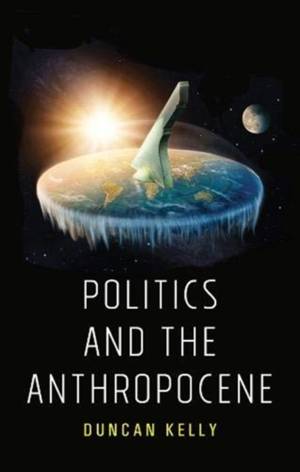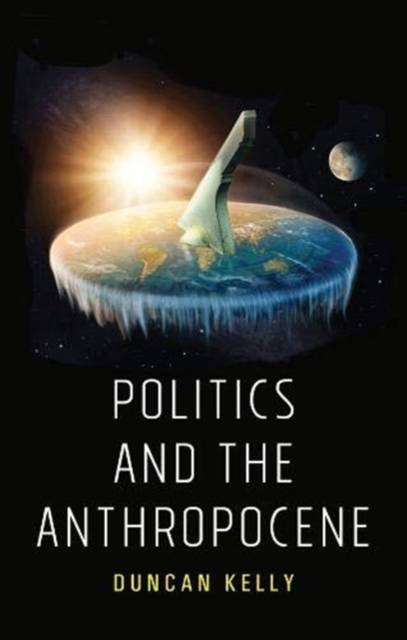
- Afhalen na 1 uur in een winkel met voorraad
- Gratis thuislevering in België
- Ruim aanbod met 7 miljoen producten
- Afhalen na 1 uur in een winkel met voorraad
- Gratis thuislevering in België
- Ruim aanbod met 7 miljoen producten
Omschrijving
The Anthropocene has become central to understanding the intimate connections between human life and the natural environment, but it has fractured our sense of time and possibility. What implications does that fracturing have for how we should think about politics in these new times?
In this cutting-edge intervention, Duncan Kelly considers how this new geological era could shape our future by engaging with the recent past of our political thinking. If politics remains a short-term affair governed by electoral cycles, could an Anthropocenic sense of time, value and prosperity be built into it, altering long-established views about abundance, energy and growth? Is the Anthropocene so disruptive that it is no more than a harbinger of ecological doom, or can modern politics adapt by rethinking older debates about states, territories, and populations?
Kelly rejects both pessimistic fatalism about humanity's demise, and an optimistic fatalism that makes the Anthropocene into a problem too big for politics, best left to the market or technology to solve. His skilful defence of the potential for democratic politics to negotiate this challenge is an indispensable guide to the ideas that matter most to understanding this epochal transformation.
Specificaties
Betrokkenen
- Auteur(s):
- Uitgeverij:
Inhoud
- Aantal bladzijden:
- 185
- Taal:
- Engels
Eigenschappen
- Productcode (EAN):
- 9781509534203
- Verschijningsdatum:
- 30/09/2019
- Uitvoering:
- Paperback
- Formaat:
- Trade paperback (VS)
- Afmetingen:
- 137 mm x 213 mm
- Gewicht:
- 204 g

Alleen bij Standaard Boekhandel
Beoordelingen
We publiceren alleen reviews die voldoen aan de voorwaarden voor reviews. Bekijk onze voorwaarden voor reviews.












